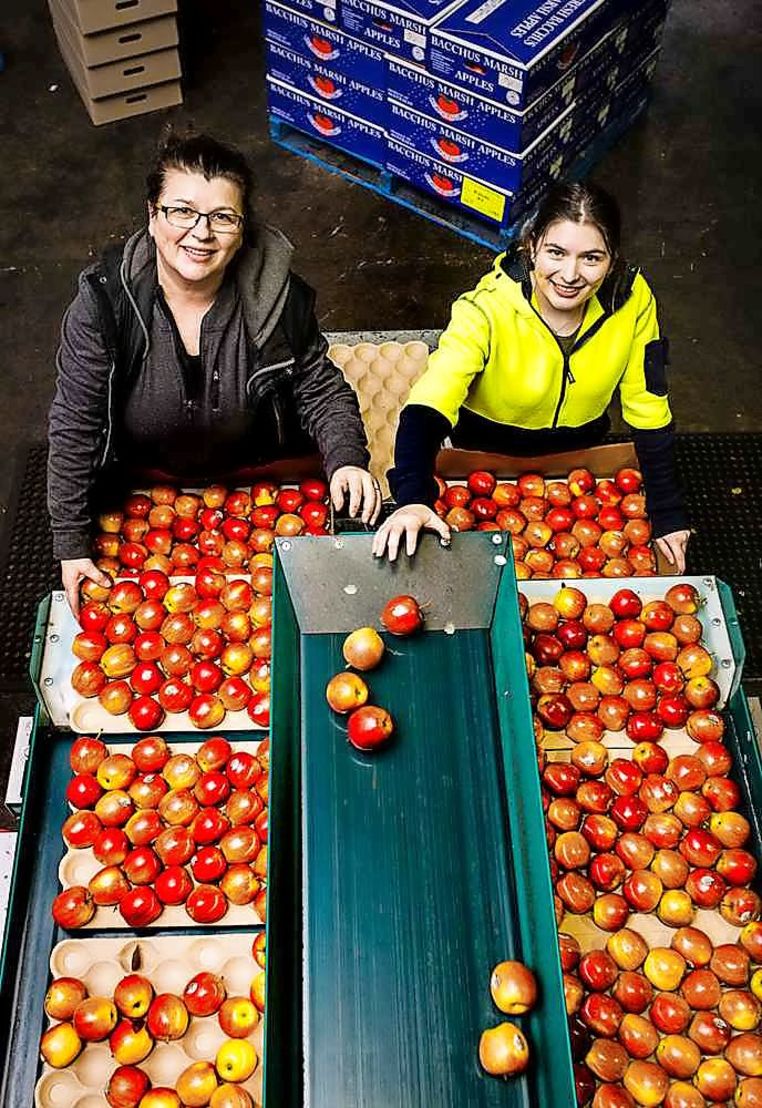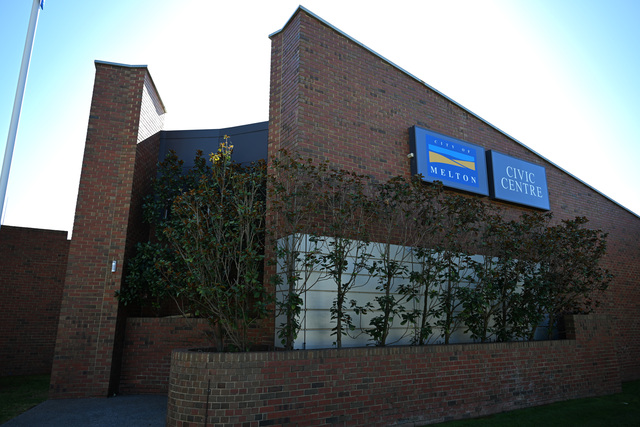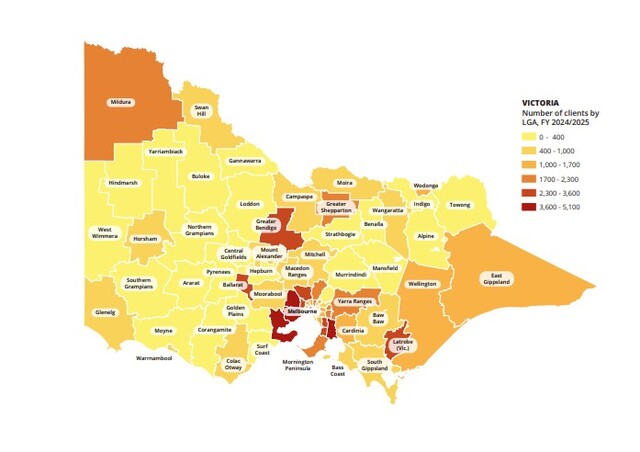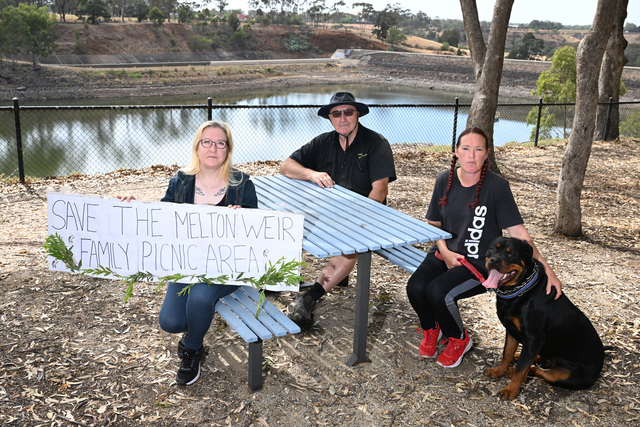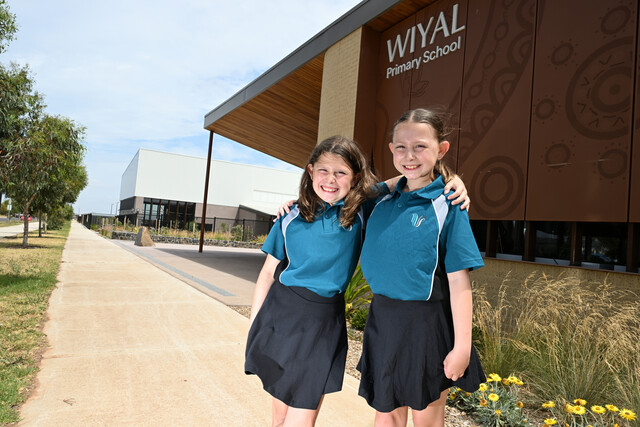Fertile farming land in Melbourne’s fringe is being threatened by high rates, expensive water and the relentless expansion of the urban growth boundary, a new report has warned.
Melbourne’s foodbowl in Bacchus Marsh, Werribee South and the Mornington Peninsula currently has the capacity to meet 40 per cent of the city’s food needs, according to the report.
But if the population continues to grow at its current rate, the capacity to feed the city will fall to 18 per cent by the time it reaches seven million people.
Melbourne University researchers, who published the Food for Thought report earlier this month, are calling on the state government to protect farmland and water access close to the city.
The researchers say the urban growth boundary has been extended three times since it was introduced in 2002, undermining signals sent by state governments to maintain the boundary and protect agricultural land.
The report identified land banking – investors buying farming land and waiting for rezoning – as a major concern to farmers, along with subdivision of fertile land in Melbourne’s foodbowl leading to conflict between farmers and their non-farming neighbours.
Moorabool council planning policies were singled out as ways to strengthen farmer confidence and protect farmland in Melbourne’s foodbowl.
The shire has made clear, the report states, the need to direct urban development away from farming areas and prevent subdivisions that lead to land fragmentation.
Nick Dellios runs Dellios Apples, along the Avenue of Honour in Bacchus Marsh. The orchard farm has been around for the past 63 years, but Mr Dellios is concerned about the viability of farming on Melbourne’s fringe.
High council rates for farmland, access to water and expensive land prices are pushing people away, he says.
Mr Dellios says he’s struggling to use gas guns, to scare the birds away from his crops, because his non-farming neighbours complain about the noise.
“Council needs clearer guidelines whether they want to stay farming or whether they want to have urban development,” Mr Dellios says.
“There’s a lack of available [farming] land and the land that is available is very expensive … like it or not, the irrigation of water [in Melbourne’s fringe] is getting expensive, land is getting expensive and it’s got limited life as a farming area.”
Mr Dellios thinks it’s only a matter of time before the area is zoned urban, given the track record of the boundary being expanded several times.
Moorabool council chief executive Rob Croxford said the council was working to accommodate growth in urban development areas without adversely impacting farming land and to discourage rural land fragmentation.
He said council officers worked closely with Southern Rural Water, Western Water and local farmers to protect the shire’s farmland.

